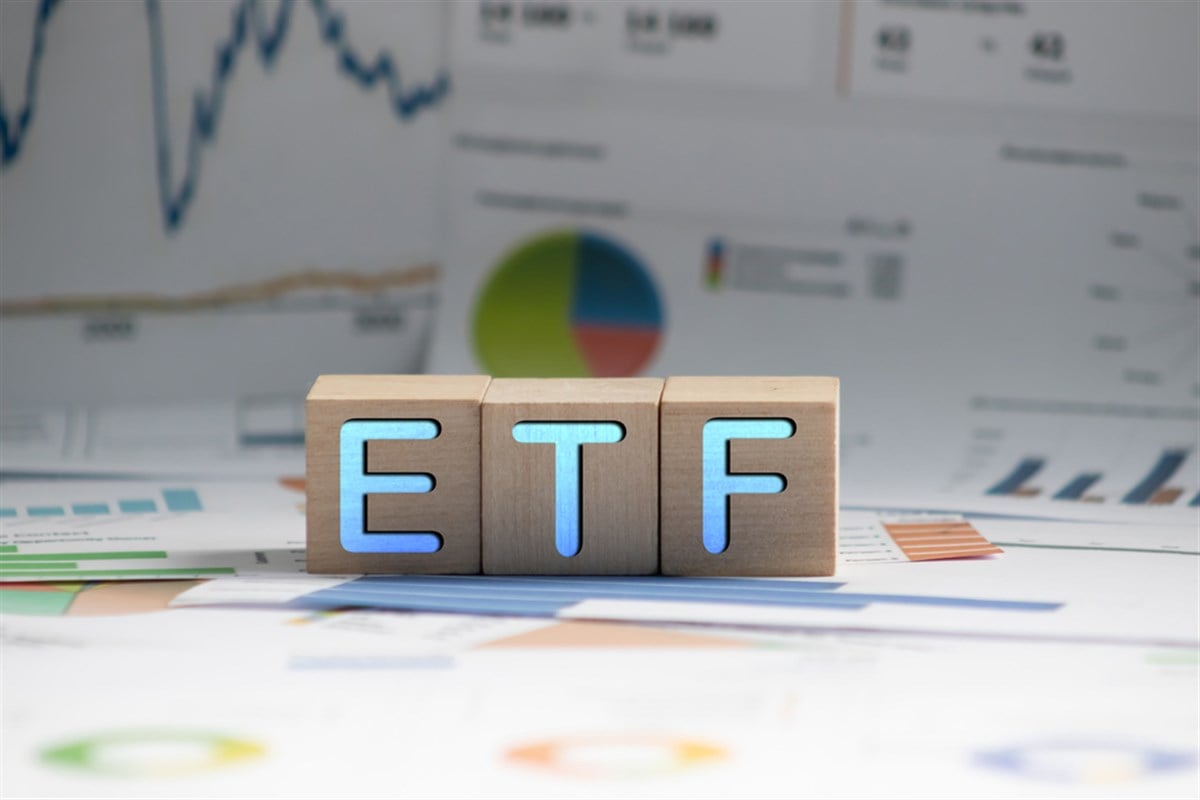
2025 marks a time of uncertainty for many investors—despite stellar performance in 2024 and a post-election bump that lasted through mid-December, the S&P 500 and the market as a whole face increasing geopolitical turmoil, a potential change to the regulatory environment for many industries alongside a new administration, haziness around the near-term future of interest rates, the ongoing impact of the AI revolution, and more. It's understandable that many investors might take a defensive approach in the new year.
Preferred stocks are an often-overlooked defensive play that can provide the potential for greater returns than bonds. These hybrid securities offer fixed-income payments akin to bonds alongside improved stability over common shares, which are dependent upon capital appreciation to make money for investors. What's more, preferreds give investors top priority for dividend payments while preserving liquidity over bond counterparts.
For particularly cautious investors, a preferred stock ETF offers even more protection. Like other ETFs, these funds invest in preferred shares from a wide array of different companies, increasing diversification and further managing risk while ensuring a steady dividend payout.
Why the iShares Preferred and Income Securities ETF Leads the Market
Among the relatively small number of preferred stock ETFs, the iShares Preferred and Income Securities ETF PFF enjoys the largest asset base, at $14.7 billion as of January 9, 2025, as well as a significantly higher average trading volume than many rivals. This fund provides exposure primarily to financial institutions—one of the most common sectors in which to find preferred shares—as well as industrials, utilities, and occasional firms in other sectors.
PFF is somewhat diversified on a sector basis and much more so on an individual names basis, as it has close to 450 companies in its portfolio. Its annual dividend yield is a competitive 6.3%, and its expense ratio is 0.46%, both of which are impressive in this category of funds. Investors should note, though, that the fund's heavy lean toward financials firms can skew a broader portfolio if they are not mindful.
What Sets the First Trust Preferred Securities and Income ETF Apart
The First Trust Preferred Securities and Income ETF FPE is not strictly focused on preferred shares—it also includes income-producing debt securities like corporate bonds and convertible securities. It is also an actively managed fund and, unsurprisingly, will cost investors a premium with a higher expense ratio of 0.85%.
Similar to PFF above, FPE focuses predominantly on banks, insurance companies, and other financial names, though it also invests in energy firms, utilities, food companies, and more. A benefit of FPE is that it does aim for total return in addition to dividend income. In the year leading to January 8, 2025, for example, it returned roughly 11%. While this figure is below the performance of the broader market during that period, it is higher than PFF and many other preferred share ETFs. FPE balances this return performance with an annual dividend yield of 5.67%, providing investors with two ways to benefit.
Invesco Preferred ETF’s Focus on High-Quality Holdings
The Invesco Preferred ETF PGX adopts an unusual approach to building a portfolio of preferred securities. It tracks an index of U.S.-issued, fixed-rate, dollar-denominated preferred securities rated at least B3, based on the average ratings from Moody’s, S&P, and Fitch. PGX does not hold all securities in this index but instead uses a sampling method to target some 525 holdings. Notably, this holding figure represents roughly 80 distinct companies, as many firms have multiple types of preferred shares represented in the portfolio.
PGX offers a relatively competitive 0.50% expense ratio and an annual dividend yield of 5.86%, but where it really shines is in trading volume. For investors looking to participate actively in trading PGX shares, this fund has the highest average trading volume of any preferred stock ETF, in most cases by a very wide margin.
Preferred Shares: A Powerful Tool for Diversified Equity Exposure
Many investors do not have preferred shares on their radar, but these specialized securities put some of the best of both the stock and the bond worlds in a single package. For those aware of the benefits and potential risks of preferreds, a dedicated ETF can be an effective, efficient way of including them in a broader portfolio.
The article "Top 3 Preferred Stock ETFs Offering Stability and High Dividends" first appeared on MarketBeat.
Edge Rankings
Price Trend
© 2025 Benzinga.com. Benzinga does not provide investment advice. All rights reserved.
Trade confidently with insights and alerts from analyst ratings, free reports and breaking news that affects the stocks you care about.